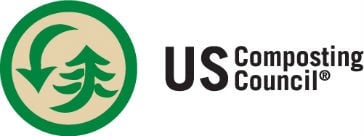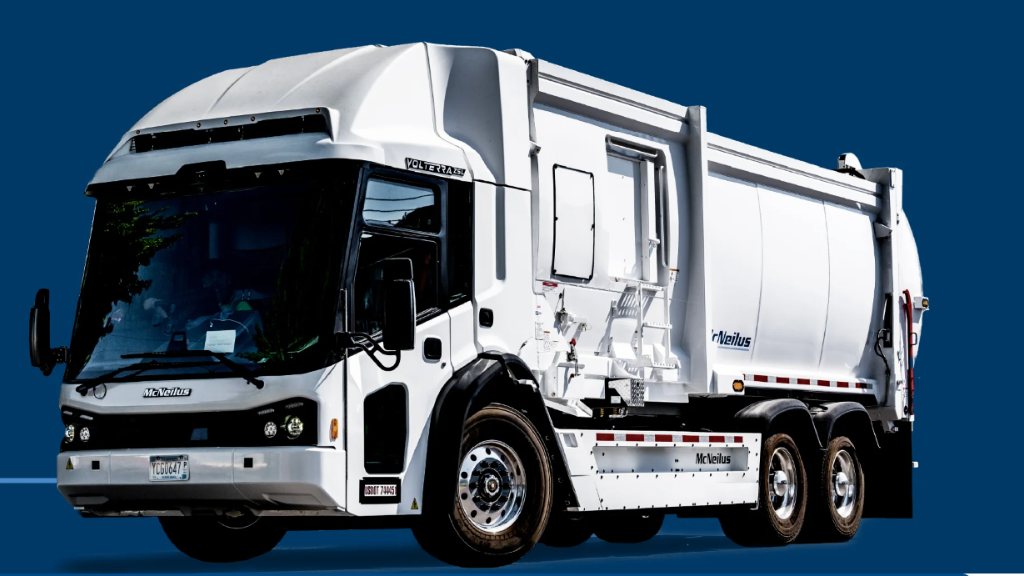
Interest in recycling organic residuals has never been higher. Zero waste, climate change and sustainability goals are pushing diversion ever upward, while demands for healthy soil, clean water and sustainably-produced foods continue to increase the markets for quality compost. Between the two ends of the supply of wasted organics and demand for compost-based products lies the huge need for services and manufacturing capacity – the infrastructure gap.
Closing this gap will not be easy, as it challenges the status quo. The US Composting Council (USCC) pursues a strategy of advocacy, education and coalition to keep us moving in the right direction. In the United States, advocating for policies that will lead to increases in compost manufacturing happens mostly at the state level, though there are some federal issues as well. The EPA should recognize that keeping organics out of landfills is a “best practice” for addressing climate change, since it is the organics in the landfill that are the source of methane, a climate pollutant now recognized as being 84 times worse than CO2. The EPA can also do more to keep persistent herbicides out of the materials that get composted.
On the diversion side, we support policies that keep food residuals from landfills, such as bans or collection mandates, but only where there is sufficient planning for implementation. For example, Connecticut’s collection mandate only applies if there is a facility with capacity within 20 miles. California’s law starts with the largest generators (over 6 tons of organics per week) and gradually ratchets the level down to two tons of all waste by 2020.
We also push for policies to help grow the market for compost-based products. This includes working with state Departments of Transportation to educate them on the benefits of compost in erosion control, and the need for requiring compost that is certified through the US Composting Council’s Seal of Testing Assurance program (STA). It also includes promoting programs like Soils for Salmon in Washington and the new Model Water Efficient Landscaping Ordinance in California, both of which recognize the value of setting minimum organic matter standards.
“The EPA should recognize that keeping organics out of landfills is a ‘best practice’ for addressing climate change, since it is the organics in the landfill that are the source of methane, a climate pollutant now recognized as 84 times worse than CO2.” Cary Oshins
Having an educated workforce is key to success, and the best way to assure adequate training is to provide professional certification. To that end, the USCC is very excited to be launching a Compost Operations Manager Certification (we expect to start taking applications next summer). We expect that once this is launched, equipment operator certification, organics collector/ hauler certification, and others will not be far behind.
The USCC is a small organization. In order to amplify our efforts, we are constantly working to build strategic alliances and coalitions. Some of these are ongoing, some come together around a single issue. By building partnerships from across the “value spectrum”, from diversion to processing to utilization, we work to increase our impact.
All of these efforts, and many more, will be on display at our upcoming Annual Conference, COMPOST2016, January 25 through 28, to be held in Jacksonville, Florida.
Cary Oshins is director of education and annual conference, US Composting Council, and has been with the organization for eight years, following work with the County of Lehigh, Pennsylvania, the Professional Recyclers of PA, the Rodale Institute, and the Cornell Waste Management Institute.
Company info
PO Box 19246
Raleigh, NC
US, 27619
Website:
compostingcouncil.org
Phone number:
301-897-2715



